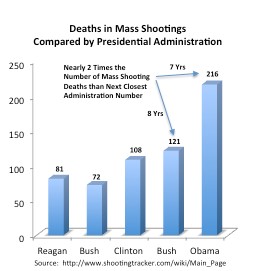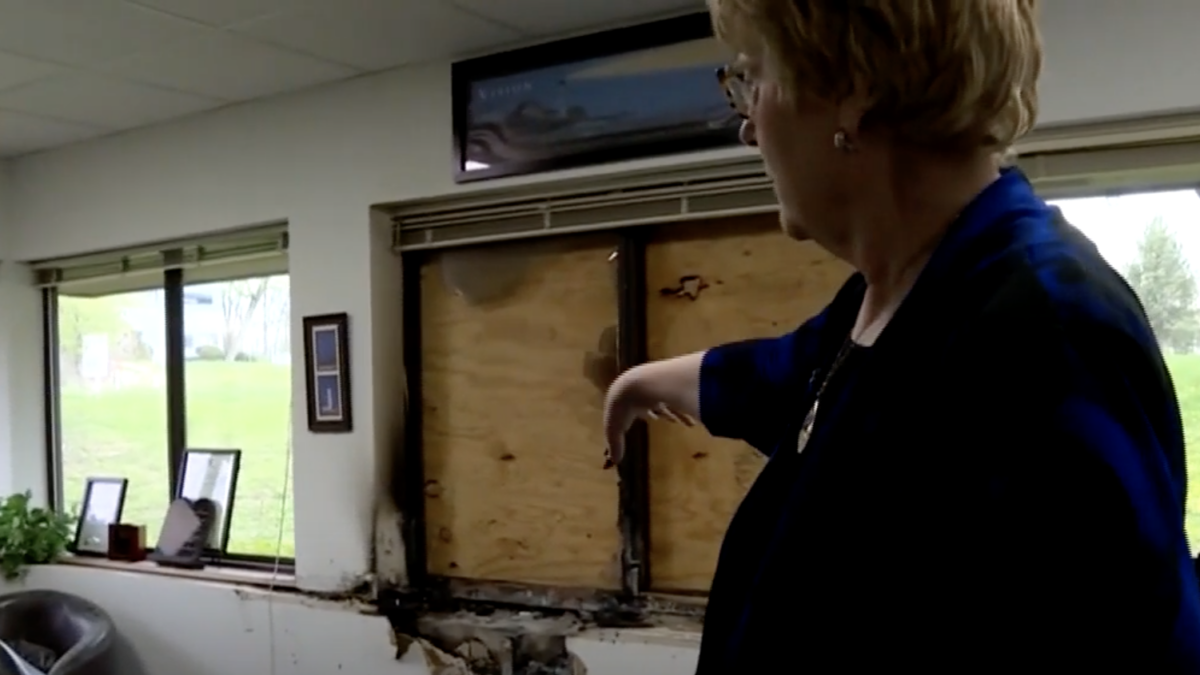
The deliberate and brutal slayings of innocent people in New York City is still fresh and raw for those directly affected. We are family, friends, loved ones, co-workers, and neighbors of the victims, and we weep and grieve with them (and, yes, we pray for them) as they try to understand what has happened, and why.
One explanation for the rise in terrorist behavior in the United States is the insidious and significantly difficult-to-pinpoint problem of failure to assimilate into an adopted culture. It’s a phenomenon clearly present in Western Europe and apparently emerging from the shadows in the United States. By growing evidence, promoting “multiculturalism” is a major culprit. We certainly don’t discount the influence of ISIS’ ubiquitous propaganda, but to be compelling there must be a willing mind.
The New York Times ran an article back in 2011, “Assimilation’s Failure, Terrorism’s Rise,” addressing this very problem. In it, author Kenan Malik persuasively argues for re-examining the effects of institutional multiculturalism. Recounting the events of the July 7, 2007 terror attacks in London planned and carried out by British citizens, Malik identifies the uncomfortable reality when he points out, “The real question is not how people like Mohammad Sidique Khan, the leader of the 7/7 bombers, came to be radicalized, but why so many young men, who by all accounts are intelligent, articulate and integrated, come to find this violent, reactionary ideology so attractive.”
He adds, “To answer it, we need to look not at extremist preachers or university lecturers, but also at public policy, and in particular the failed policy of multiculturalism.” Even though Malik’s arguments center on Britain’s experience with multicultural policies and assimilation failures as the driving force behind homegrown terrorism, there are some striking similarities between what Britain has witnessed and what we are seeing today in the United States.
Immigrating Implies Acceptance of Existing Culture
Whether homegrown or imported, people who embrace extremist behavior such as terrorist acts demonstrate convincing evidence of a failure to assimilate into the culture in which they reside. An August 2011 public opinion survey of Muslim Americans by the Pew Research Center revealed, “A significant minority (21%) of Muslim Americans say there is a great deal (6%) or a fair amount (15%) of support for extremism in the Muslim American community.”
The Pew survey goes on to point out that, “Many Muslims fault their own leaders for failing to challenge Islamic extremists. Nearly half (48%) say that Muslim leaders in the United States have not done enough to speak out against Islamic extremists; only about a third (34%) say Muslim leaders have done enough in challenging extremists.”
The good news is one can surmise 80 percent of Muslim Americans reject extremist behavior. Embracing the moderate, assimilated Muslim community in America is where we want to be. We need moderate Muslims to defeat the extremists. To alienate the well-assimilated Muslim-American communities who are in the best position to step up to the advice, “If you see something, say something,” would be very unwise and counterproductive. Nonetheless, we are in the midst of the predictable consequences of a misguided multicultural experiment, and the results are nothing short of catastrophic.
Multiculturalism is the antithesis of what the United States stands for and the foundational thinking of our founding fathers that sustains America as its own unique society. You see, in the United States, we have a Constitution that establishes the basic tenets of American society and the laws by which we all abide.
So when immigrants come to the United States for whatever reason, they don’t get to supplant U.S. laws with their own, whether Sharia law or whatever strikes their fancy. No one forces or cajoles immigration to the United States. We citizens welcome legal immigrants with the assumption they come of their own free will. That means they come to accept living in the United States with our laws and our culture the way it is, not the way they might want to change it.
Too Many Have Too Easily Accepted Multiculturalism
Multiculturalism eschews this notion, and suggests that if a particular group with a different cultural background wishes to establish and live by their own views of law-abiding behavior, that diversity of thought and behavior within the larger society makes us stronger as a people. More troubling, advocates of multiculturalism maintain all cultures are morally equivalent.
That is hogwash. Ask any refugee seeking asylum here. It’s the total absence of moral equivalence that prompts them to make often dangerous, difficult journeys to seek the safety of the United States.
Then what gives staying power and faux legitimacy to multiculturalism to the point of being almost doctrinaire? Well, multiculturalism is good because advocates assert it is good. Those who take exception to that logic meet an onslaught of invective based on mindless ad hominem attacks. Political and academic purveyors of multiculturalism have so effectively and overly moralized the argument that all cultures and cultural practices are essentially equal, that anyone saying anything to the contrary will be exposed as an enemy of good, and branded an evil racist. The effectiveness of this rests with building consensus; a big-enough group, if you will.
The Federalist’s Stella Morabito wrote an excellent article entitled “10 Resources for Hack-Proofing Your Mind,” in which she points out the vulnerabilities of the human mind to the tyranny of “groupthink.” Groupthink proliferates when there is no room for introspection or questioning, seeking facts, or engaging in objective reasoning to elevate discourse about cultural mores. There is no more emblematic example of “groupthink” than the idea of multiculturalism in the United States. It is an enticing reason for a reluctance within ethnic and culturally similar communities to assimilate into the American culture.
Another Big Factor: Moral Decline
The second influencing factor is moral leadership. An advocate for the understanding of right and wrong and a respected champion of right over wrong who leads from the front is crucial for a country that values liberty and the freedoms we enjoy. There must be a standard for acceptable behavior and a respected standard-bearer.
In the past, we may not have agreed with the political views of our country’s leadership, but we took some degree of comfort from the belief the president and his administration stood for moral values that transcended political motives. President Franklin D. Roosevelt said, “The Presidency is not merely an administrative office. That’s the least of it. It is more than an engineering job, efficient or inefficient. It is pre-eminently a place of moral leadership.”
During President Obama’s term in office, mass shootings in the United States rose dramatically. Though the trend of the last five administrations has been steadily going up, mass shootings during the Obama administration outpaced the others by nearly twice as much.

Mass shootings aren’t the only indicator of moral decay in the United States. In a recent study of the increase in the murder rates generally in major cities from August 11, 2014 to August 31, 2015, The New York Times said that in the ten major cities where the rate increased, it increased an average of 31.8 percent, with Milwaukee, Wisconsin topping the list at 76 percent increase.
There are more teen pregnancies with absentee fathers now than at any time in America’s history, and lack of a present father is linked with increases in aggression and crime in social science data. If fatherless children escape Planned Parenthood’s fetal body parts profiteering, they have a struggle ahead to join the middle class. In large cities and in the country as a whole, the moral compass is missing. The consequence of the lack of clear moral leadership is not lost on the American public.
A June 2015 Gallup poll exploring what Americans believe about the state of U.S. moral, 72 percent believed moral values are worsening. More evocative, 58 percent of those polled who identified themselves as social liberals agreed that moral values are in decline. Of those who claim to be social conservatives, 81 percent think moral values are trending down.
The convergence of terrorism, as acted out in the recent gun violence in San Bernardino and New York City, with the general conditions of a failure of some to assimilate into the American societal fabric, combined with a lack of fathers’ and social leaders’ demonstrable moral leadership is difficult to ignore. We do want to be clear. There is no direct cause and effect relationship. There is, however, the gnawing idea that somehow these social realities are a “new normal” that does not bode well for the future in America.
This article has been edited to be more precise about the Pew 2011 findings.









